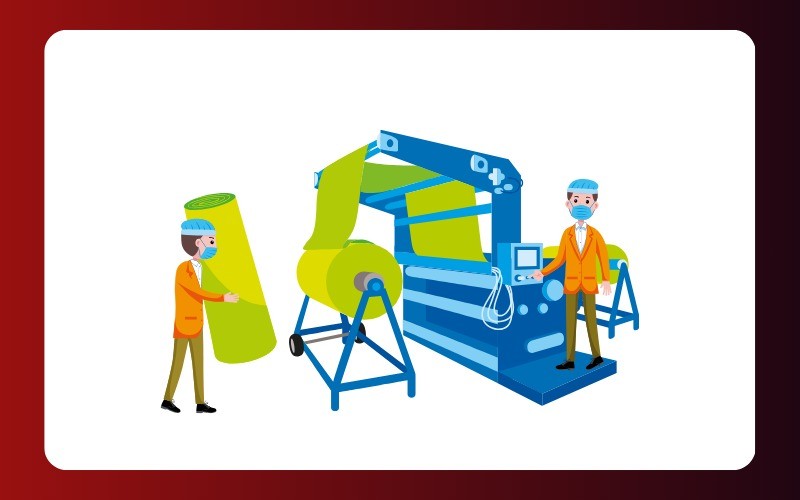Admission Enquiry

The B.Voc. (Bachelor of Vocation) program in Textiles and Handlooms/Textile Technology is designed to provide students with comprehensive knowledge and practical skills in various aspects of textile manufacturing, processing, and design. This program aims to prepare students for careers in the textile and handloom industry by equipping them with the necessary technical expertise and hands-on experience.
The curriculum covers a wide range of subjects related to textile technology, including textile engineering, yarn manufacturing, fabric production, dyeing and printing techniques, garment manufacturing, quality control, and textile design. Students learn about different types of fibers, yarns, and fabrics, as well as the principles and processes involved in textile production.
Through practical training and laboratory sessions, students acquire skills in operating textile machinery, conducting quality tests, and implementing production processes efficiently. They learn about modern techniques and technologies used in textile manufacturing, such as computer-aided design (CAD), computer-aided manufacturing (CAM), and automation systems.
The program also focuses on developing students' creativity and design skills, enabling them to create innovative and sustainable textile products. Courses in textile design cover topics such as color theory, pattern making, fabric manipulation, and surface ornamentation techniques. Students have the opportunity to experiment with different materials and techniques to develop their own unique designs.
Additionally, the program emphasizes the importance of sustainability and environmental conservation in the textile industry. Students learn about eco-friendly manufacturing practices, waste management, and recycling initiatives to minimize the environmental impact of textile production.
Internships and industry projects are an integral part of the program, allowing students to gain practical experience and exposure to real-world textile manufacturing environments. They have the opportunity to work with leading textile companies, handloom clusters, and design studios, gaining valuable insights into industry practices and trends.
Upon graduation, students are well-equipped to pursue various career opportunities in the textile and handloom industry. They can work in roles such as textile engineer, production manager, quality control supervisor, textile designer, merchandiser, or research and development specialist. With the growing demand for skilled professionals in the textile sector, graduates of this program have excellent prospects for employment and career advancement.
Copyrights © 2024 NIILM UNIVERSITY. All rights reserved.